Get access to NEET UG organic chemistry MCQs with answers. These questions are aligned with the NEET syllabus and help you better prepare for the NEET 2025 exam.
Table of Contents
NEET UG (National Eligibility cum Entrance Test - Undergraduate) is one of the most competitive exams in India for medical aspirants. Organic Chemistry plays a crucial role in the NEET Chemistry section, often comprising a significant portion of the questions. A strong command over organic chemistry concepts and consistent practice of NEET UG Organic Chemistry MCQs with answers can boost your exam score significantly.
Organic Chemistry constitutes a vital part of NEET Chemistry. The section involves understanding chemical structures, reactions, and mechanisms. Mastering this topic can help students solve several NEET UG Chemistry questions with confidence. Organic chemistry is a crucial component of the NEET UG Chemistry section. By mastering concepts like reaction mechanisms, functional groups, and organic nomenclature, students can tackle the questions with ease.
Practicing MCQs, revising important topics, and understanding the basic principles of organic chemistry are the keys to scoring well in this section.
Why Organic Chemistry is Important for NEET UG?
Organic Chemistry is a high-scoring subject in NEET as it follows systematic rules and concepts. Here’s why you should focus on mastering NEET Organic Chemistry questions:
- Weightage in NEET Chemistry: Around 12-18 questions out of 45 are from organic chemistry.
- Scoring Potential: Understanding reaction mechanisms and concepts ensures high accuracy in answers.
- Application-Based: Unlike rote memorization, organic chemistry requires applying concepts to solve problems.
- Some Basic Principles of Organic Chemistry
Must Read: How to Prepare Chemistry Section for NEET 2025?
Fundamental Concepts of Organic Chemistry for NEET
Before diving into MCQs, let’s quickly recap some basic principles:
- Hydrocarbons: Organic compounds consisting of carbon and hydrogen atoms.
- Isomerism: Molecules with the same molecular formula but different structures or configurations.
- IUPAC Nomenclature: Standard naming rules for organic compounds.
- Functional Groups: Specific groups of atoms influencing a molecule’s reactivity.
Also Read: Inorganic Chemistry Chapters for NEET 2025
Most Important NEET UG Organic Chemistry Topics
To excel in NEET Chemistry Organic MCQs, focus on these crucial topics:
- General Organic Chemistry (GOC) – Inductive effect, resonance, hyperconjugation.
- Hydrocarbons – Alkanes, alkenes, alkynes, and aromatic hydrocarbons.
- Alcohols, Phenols, and Ethers – Structure, preparation, and reactions.
- Aldehydes and Ketones – Nucleophilic addition reactions.
- Carboxylic Acids and Derivatives – Preparation and chemical reactions.
- Amines – Basicity, preparation, and reactions.
- Biomolecules – Carbohydrates, proteins, nucleic acids, and vitamins.
Also Read: NEET Chemistry Chapter Wise Weightage 2025
How Many Organic Chemistry Questions Come in NEET UG?
On average, 16-20% of the NEET Chemistry section is dedicated to organic chemistry, with 10-12 MCQs covering reaction mechanisms, functional groups, and nomenclature.
Top 5 Most Important NEET UG Organic Chemistry MCQs with Answers
Below are some sample organic chemistry MCQs commonly asked in NEET UG exams:
Question 1: Which of the following compounds has the highest boiling point?
a) Ethanol (C₂H₅OH)
b) Dimethyl ether (CH₃OCH₃)
c) Propane (C₃H₈)
d) Butane (C₄H₁₀)
Answer: a) Ethanol (C₂H₅OH)
Explanation: Ethanol has hydrogen bonding, which leads to a higher boiling point compared to dimethyl ether, propane, and butane, which only have van der Waals forces.
Question 2: In a nucleophilic substitution reaction, the strength of the nucleophile depends on:
a) Electronegativity
b) Polarizability
c) Ionization energy
d) Both b and c
Answer: d) Both b and c
Explanation: Nucleophilicity depends on factors such as polarizability and ionization energy. Higher polarizability increases nucleophilicity, while lower ionization energy also leads to a stronger nucleophile.
Also Read: NEET Chemistry Question Paper 2023, 2022, 2021
Question 3: Which of the following represents the correct IUPAC name?
a) 2-Methylbut-3-yne
b) 3-Methylbut-1-yne
c) 3-Methylbut-2-yne
d) 2-Methylbut-1-yne
Answer: b) 3-Methylbut-1-yne
Explanation: According to IUPAC nomenclature, the lowest possible number is assigned to the triple bond. The correct IUPAC name is 3-Methylbut-1-yne.
Question 4: Which of the following reactions involves the formation of a carbocation intermediate?
a) SN1 reaction
b) SN2 reaction
c) E2 reaction
d) Addition of HBr to alkyne
Answer: a) SN1 reaction
Explanation: In the SN1 mechanism, a carbocation is formed in the rate-determining step. The nucleophile then attacks the carbocation, leading to the product.
Preparation Tips for Organic Chemistry in NEET
- Practice MCQs Regularly: The best way to ace organic chemistry is by solving as many MCQs as possible. It enhances your conceptual understanding and speed.
- Revise Reaction Mechanisms: Focus on key reaction mechanisms, including electrophilic substitution, nucleophilic addition, and elimination reactions.
- Understand Functional Groups: Knowing the properties and reactions of different functional groups is essential for organic chemistry questions.
- Use Flashcards: To remember functional groups, reagents, and reaction conditions, flashcards are a handy tool.
- Solve Previous Year Papers: Solving NEET past papers will give you an idea of the type and difficulty of questions asked in organic chemistry.
Also Read: Updated NEET Chemistry Syllabus, Newly Added and Deleted Topics

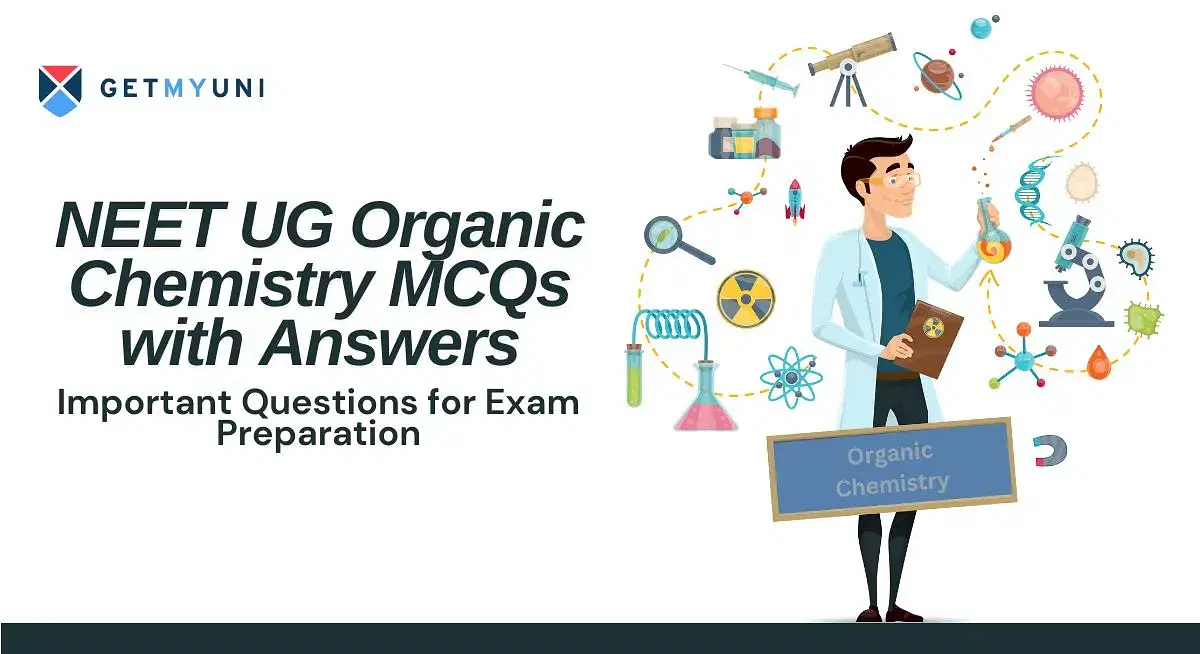
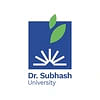

![Aligarh Muslim University, [AMU] Aligarh](https://media.getmyuni.com/azure/college-image/small/aligarh-muslim-university-amu-aligarh.jpg)
![Christian Medical College, [CMC] Vellore](https://media.getmyuni.com/azure/college-image/small/christian-medical-college-cmc-vellore.jpg)


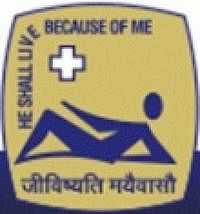




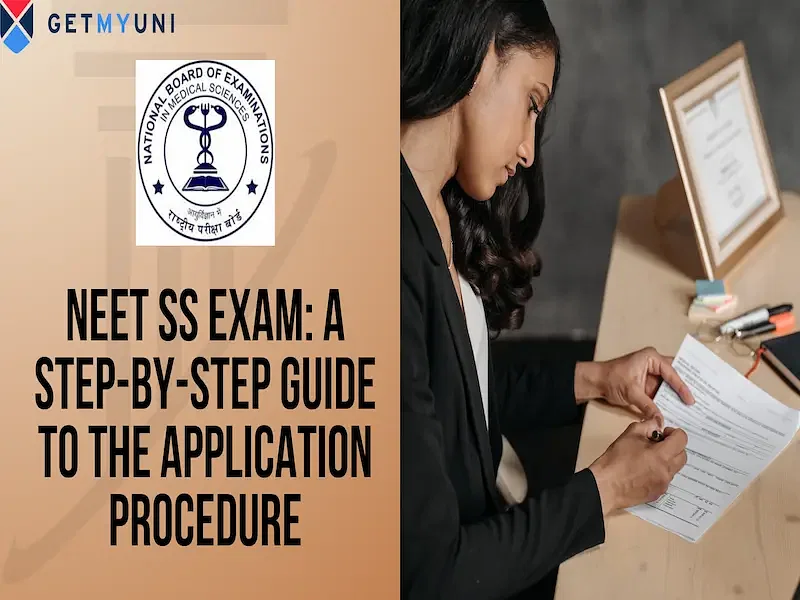







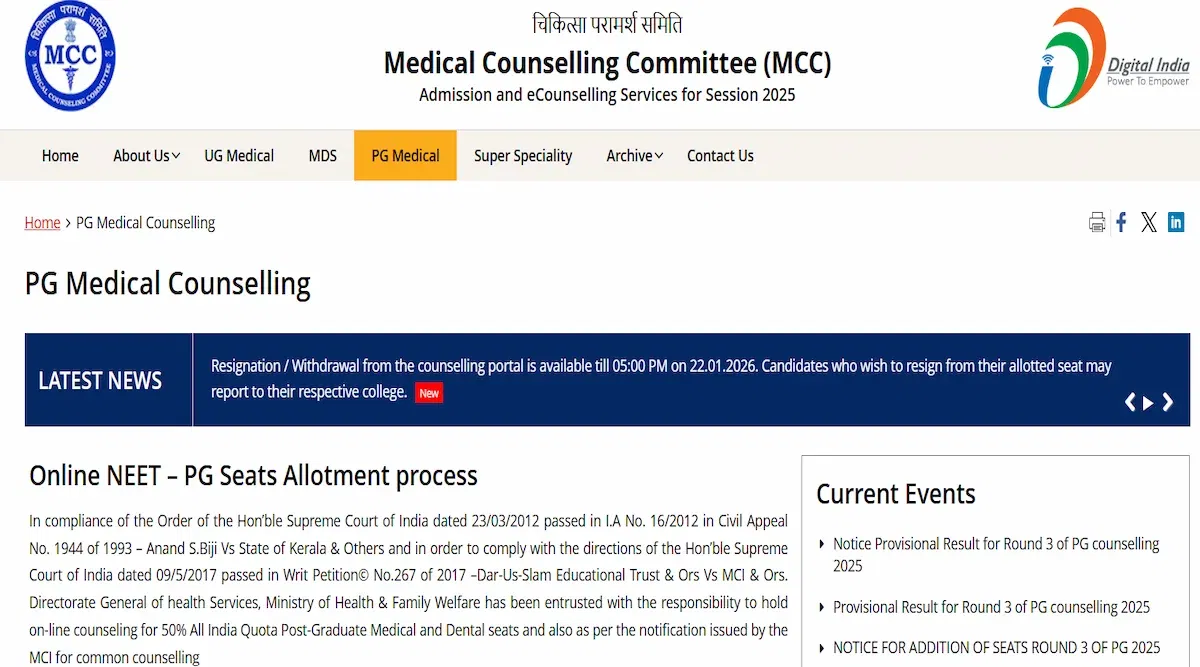
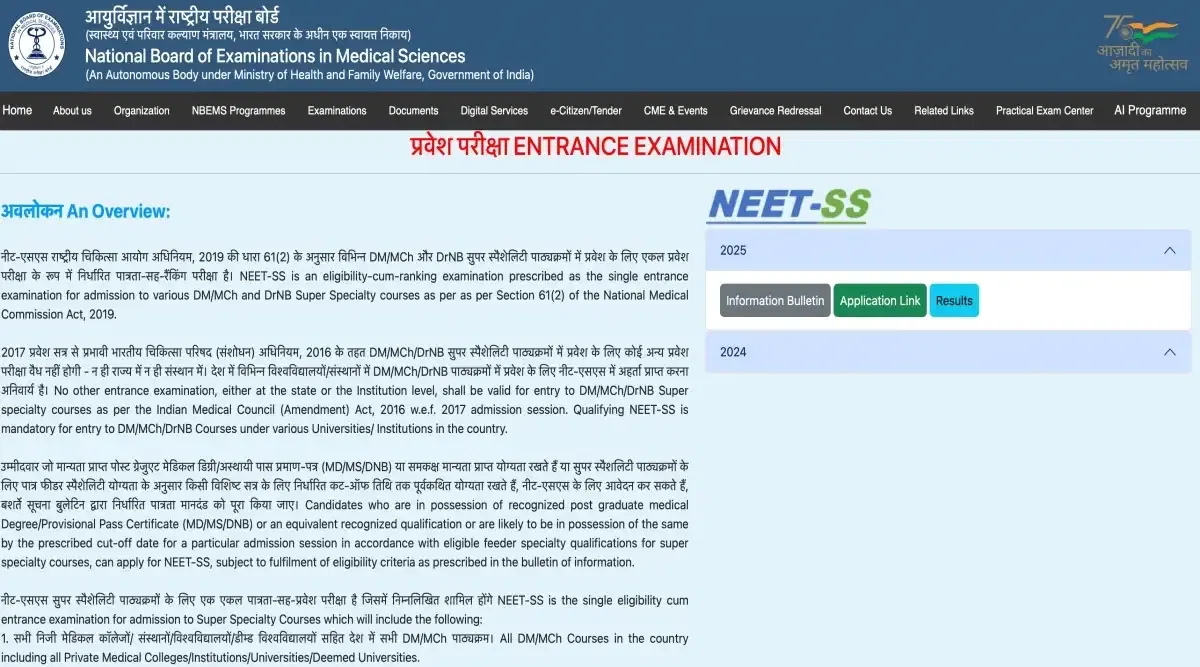

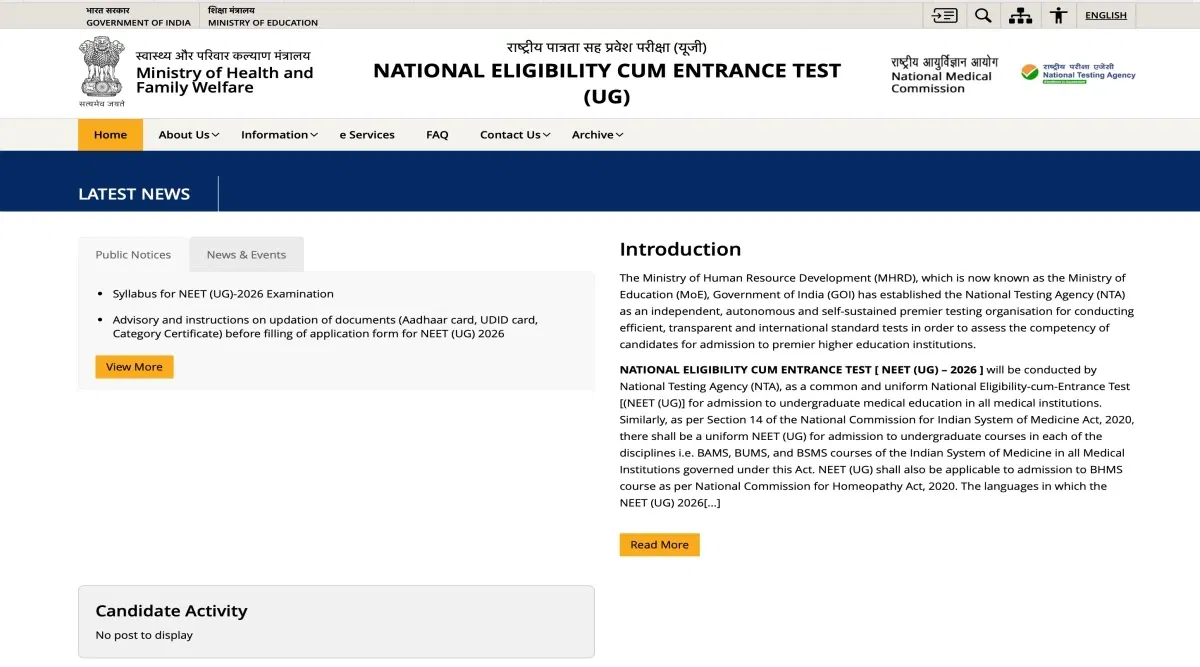


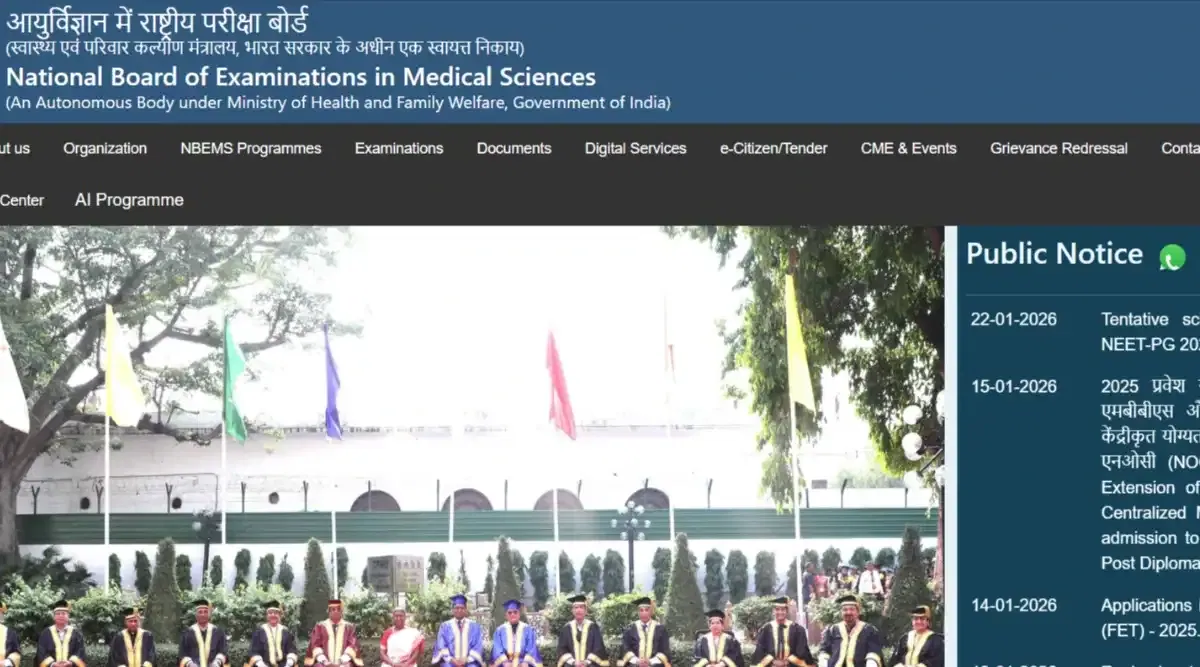
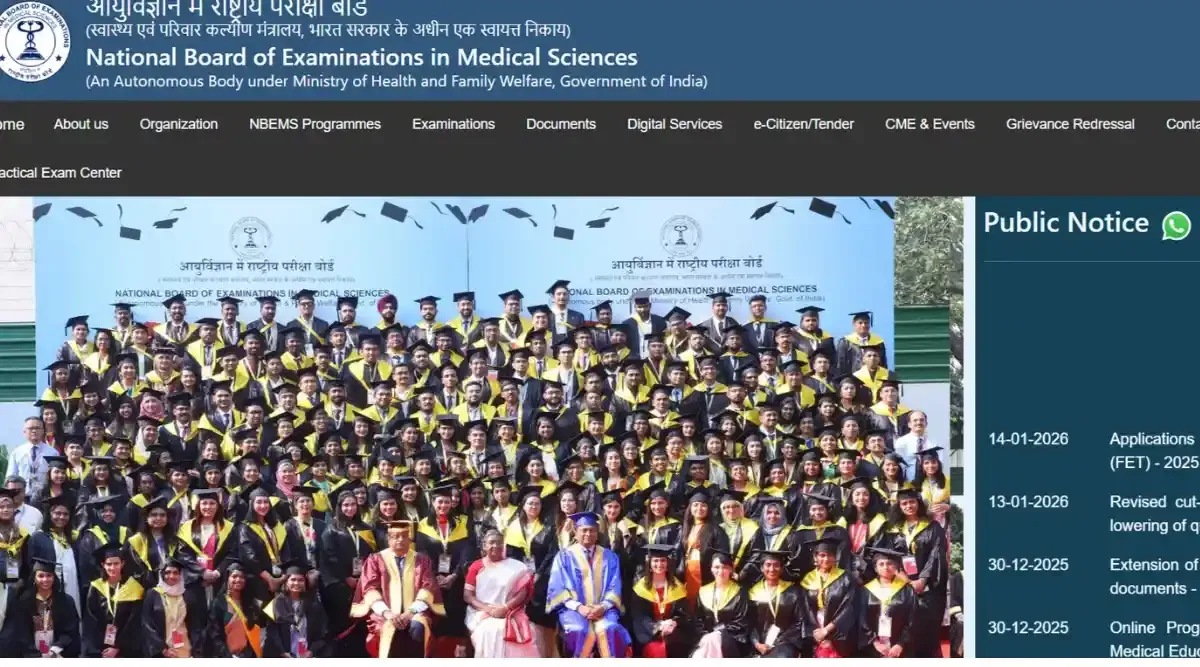
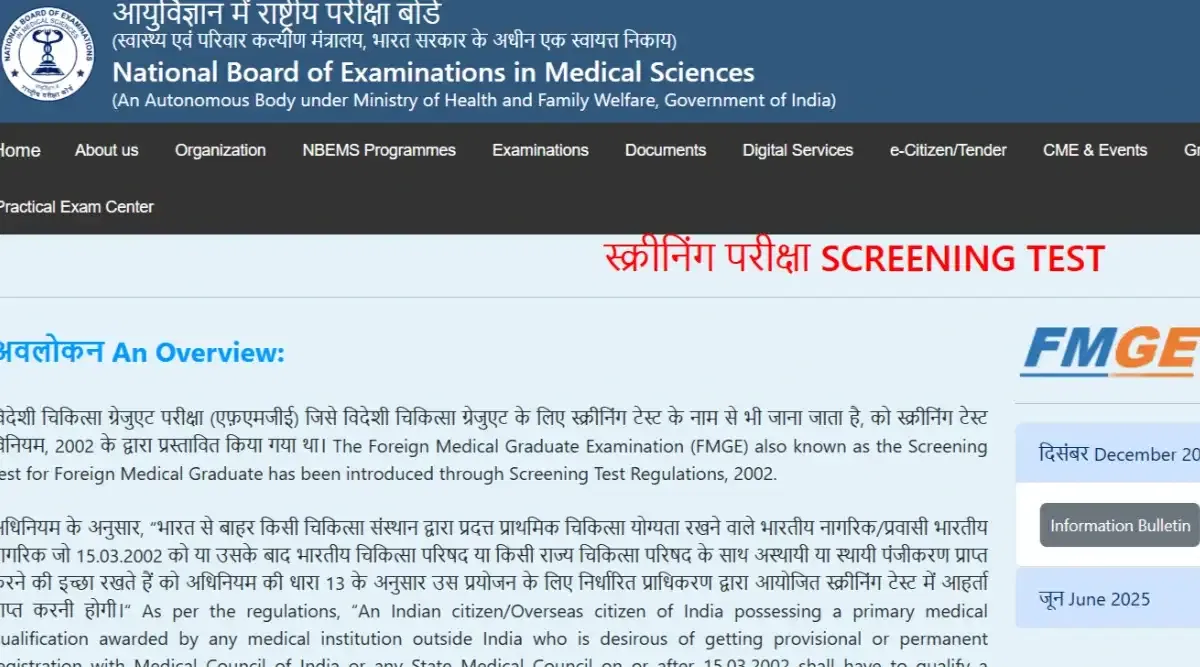
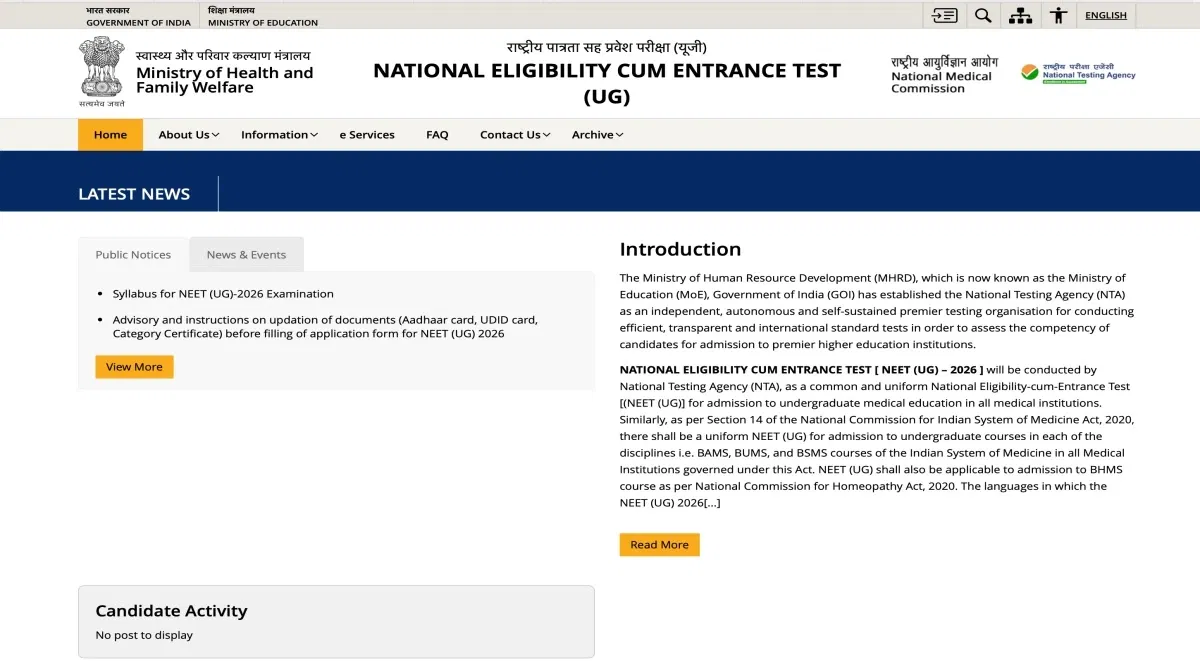

POST YOUR COMMENT